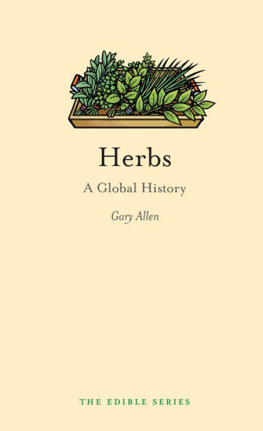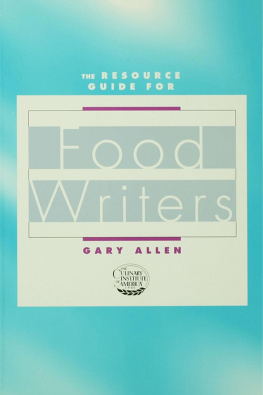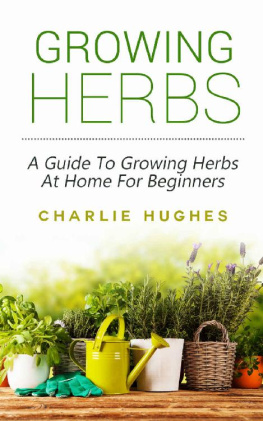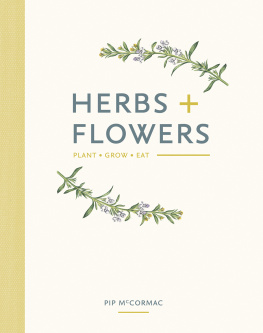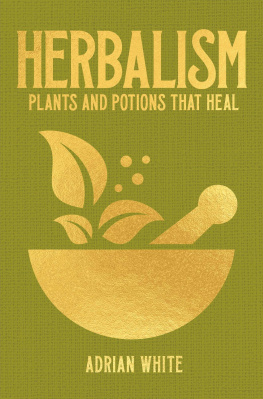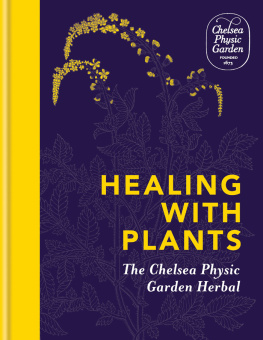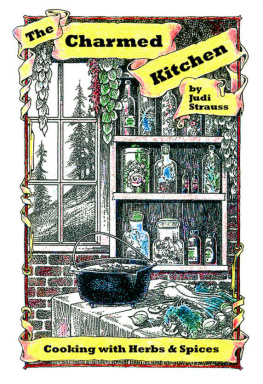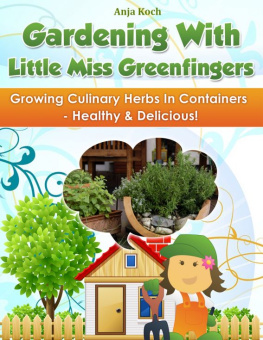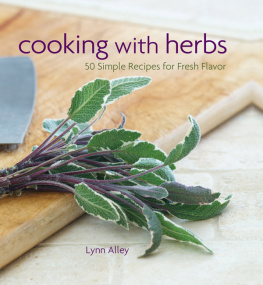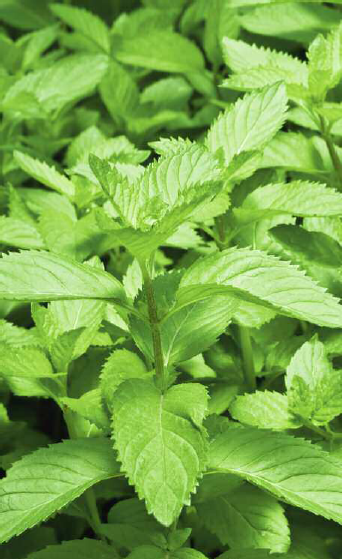Gary Allen - Herbs: A Global History
Here you can read online Gary Allen - Herbs: A Global History full text of the book (entire story) in english for free. Download pdf and epub, get meaning, cover and reviews about this ebook. year: 2012, publisher: Reaktion Books, genre: Religion. Description of the work, (preface) as well as reviews are available. Best literature library LitArk.com created for fans of good reading and offers a wide selection of genres:
Romance novel
Science fiction
Adventure
Detective
Science
History
Home and family
Prose
Art
Politics
Computer
Non-fiction
Religion
Business
Children
Humor
Choose a favorite category and find really read worthwhile books. Enjoy immersion in the world of imagination, feel the emotions of the characters or learn something new for yourself, make an fascinating discovery.
- Book:Herbs: A Global History
- Author:
- Publisher:Reaktion Books
- Genre:
- Year:2012
- Rating:3 / 5
- Favourites:Add to favourites
- Your mark:
Herbs: A Global History: summary, description and annotation
We offer to read an annotation, description, summary or preface (depends on what the author of the book "Herbs: A Global History" wrote himself). If you haven't found the necessary information about the book — write in the comments, we will try to find it.
Salsa and guacamole wouldnt be the same without cilantro, and you cant make pizza without oregano or a mojito without mint. You can use peppermint to settle an upset stomach, ease arthritis pain with stinging nettle, and heal burns and wounds with aloe vera. And then there is cannabisperhaps the most notorious and divisive herb of all. Despite the fact that herbs are often little more than weeds, cultures around the globe have found hundreds of uses for them, employing them in everything from ancient medicines to savory dishes. While much has been written on cooking and healing with herbs, little has been told about the history of the plants themselves and the incredible journeys they have made.
This book elucidates how these often overlooked plants have become a staple in our lives. Unlike spices that quickly traversed the globe through trade, Gary Allen shows that herbs were often hoarded by their cultivators and were central to distinctive regional dishes. He draws on his extensive knowledge of food history to examine herbs in new ways, making Herbs essential reading for any serious foodie. Filled with beautiful illustrations and delicious recipes, this book will complete the kitchen library.Gary Allen: author's other books
Who wrote Herbs: A Global History? Find out the surname, the name of the author of the book and a list of all author's works by series.

